I grew up eating Korean, Japanese, and Chinese food, but it wasn't until college that I experienced Thai and Vietnamese cooking. Once I started, I couldn't get enough of these cuisines. The dishes had an incredible richness and savor that I couldn't identify, but whatever it was, it made me want to keep eating.
Finally, a friend helped identify the source of all that mouth-watering umami flavor: fish sauce. She even bought me a bottle of my very own, and once I cracked open the lid and got a whiff of that pungent, salty, mouth-watering liquid within, I started adding it to everything I ate.
Potatoes. Spring rolls. Soup. Stir-fries. Salad dressings. Marinades. Fish sauce improved almost every single thing I used it in (except chili, where it just tasted weird). If I ate at a Vietnamese or Thai place, I always asked my server to bring extra fish sauce so I could splash it all over my entrees.
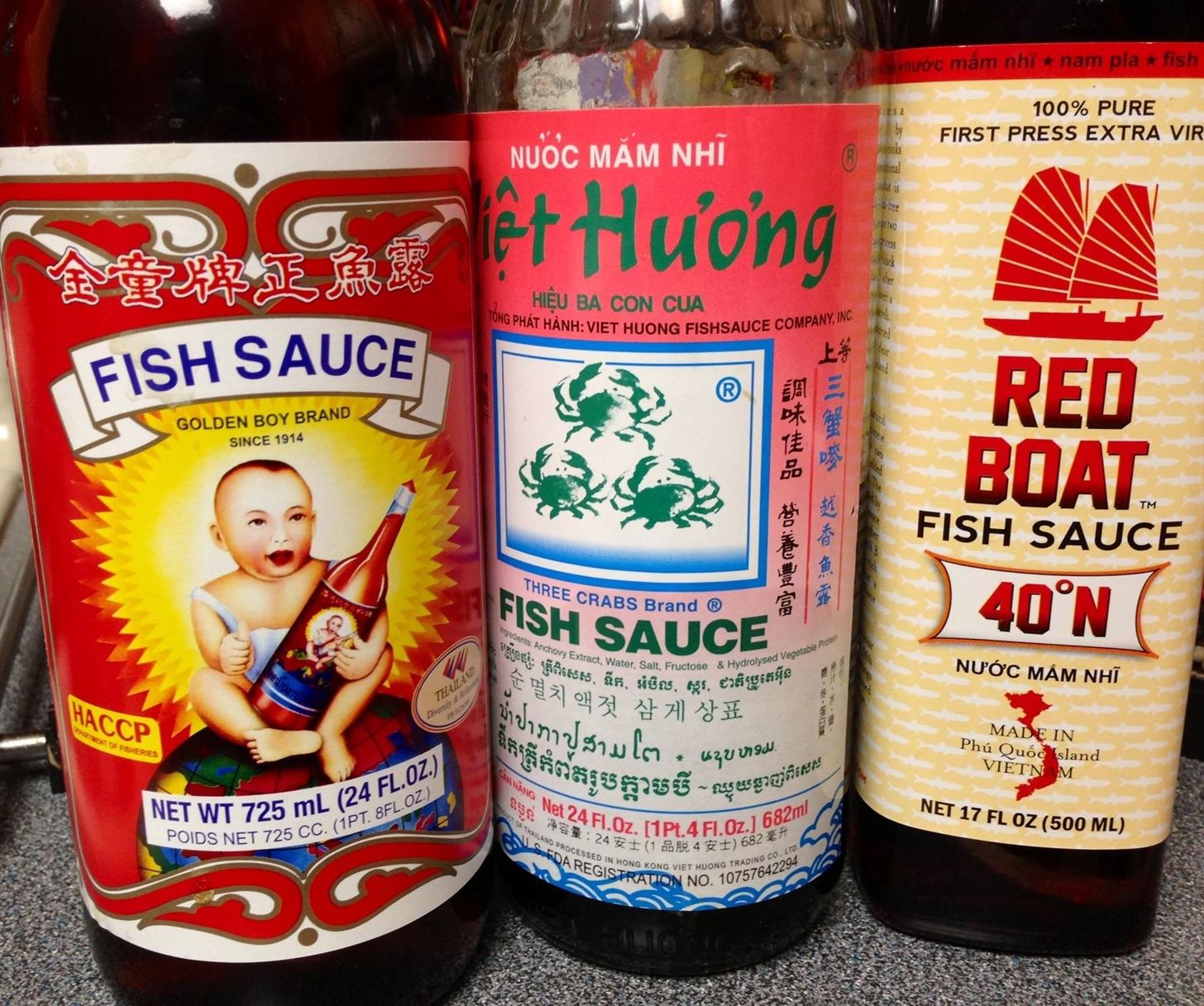
Called nam pla in Thailand and nuoc mam in Vietnam, fish sauces are made by salting and fermenting fish, and then adding water, salt, and a touch of sugar for contrast. Occasionally pepper or citrus are added, too. It can be made from salt or freshwater fish.
Fish sauce is an amazing addition to just about any savory dish, not just Asian ones. Much like Marmite, it's an "umami bomb" that will give depth and richness to sauces and main courses. Some chefs use it in fried chicken, mignonette, and to balance out bitter vegetables. I like to add it to my chicken stock. Bon Appétit does, too, and they add it to a whole slew of other, non-Asian dishes as well.
If you're new to fish sauce or haven't tried Thai or Vietnamese food, then you might want to start off with Worcestershire sauce, which contains anchovies as one of its main ingredients. I like to think of it as fish sauce's milder, slightly less interesting cousin.
If you're interested in buying fish sauce, just remember that there are different grades of the stuff, just like with olive oil, as Fine Cooking points out:
"High-quality fish sauce, which is the first to be drained off the fermented fish, is usually pale amber, with a more delicate and balanced flavor; premium-grade fish sauce, such as Three Crabs or Phu Quoc brands, are best in dipping sauces. For cooking, stronger-flavored, lower-grade brands, such as Squid or Tiparos, which are made from a secondary draining, work fine. Fish sauces bottled in glass taste better and last longer than those packaged in plastic."

Personally, I keep the Thai brand Tiparos on hand for adding to recipes. It's cheap, flavorful, and gets the job done. Red Boat is my absolute favorite when I'm using fish sauce straight or as a dip.
If you're brand new to fish sauce, then you might want to check out the taste test Our Daily Brine conducted. They give a good rundown on the qualities to look for in fish sauce and tell you which kinds fared best with their judges. The Kitchn also has a guide on how to read fish sauce labels and what qualities a good fish sauce should have.
Expand Your Cooking Vocabulary with More Weird Ingredients
Good cooks know that there's a whole wide world out there of wonderfully weird ingredients. Find out why blood is a great ingredient to use in cooking, how an ancient grain with a funny name might be the best side dish around, and how to cook with the mushroom that tastes like candy.
Just updated your iPhone? You'll find new emoji, enhanced security, podcast transcripts, Apple Cash virtual numbers, and other useful features. There are even new additions hidden within Safari. Find out what's new and changed on your iPhone with the iOS 17.4 update.
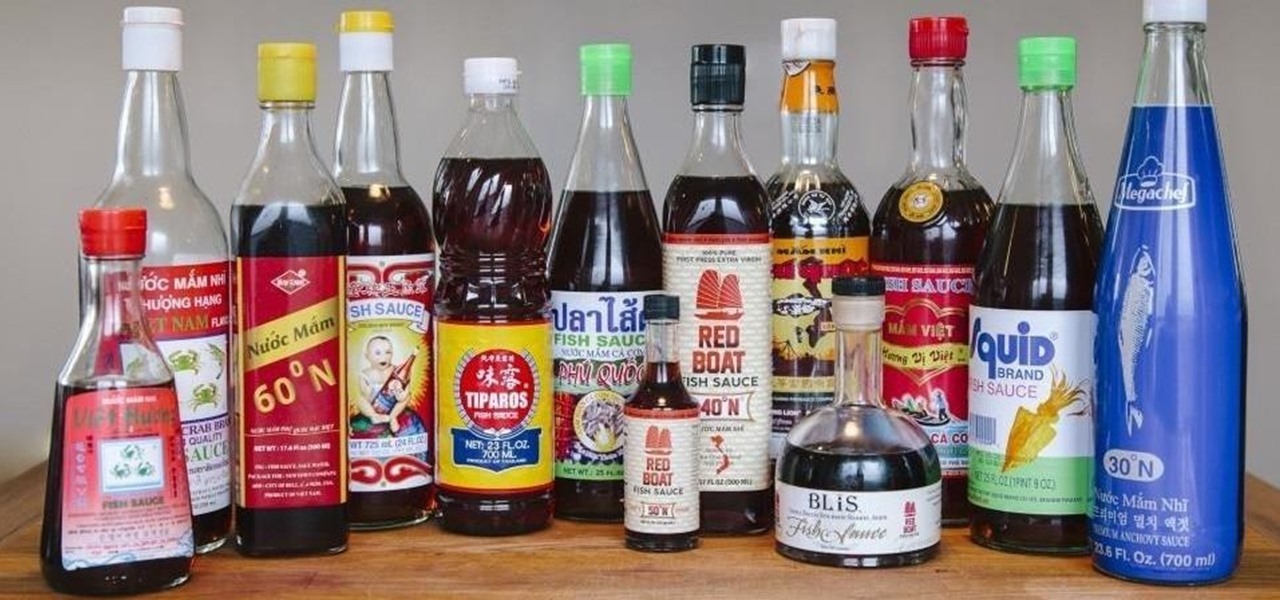








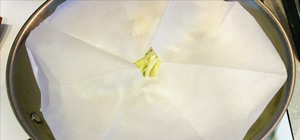


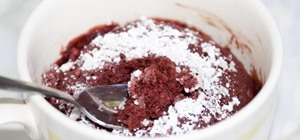
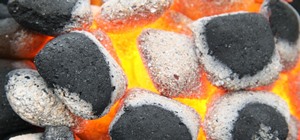



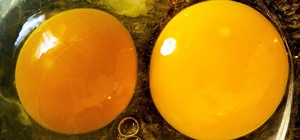
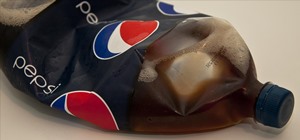

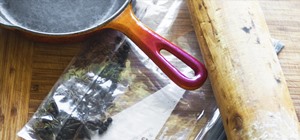

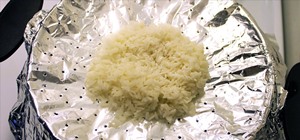
3 Comments
ummm.....look up how fish sauce is made then tell me how appetizing it is.
As you can see in the post above, we did include a video on how fish sauce is made.
Most delicious foods don't necessarily start out that way. In fact, one might say that any kind of culinary achievement has come about because a few intrepid cooks were willing to take a chance and exercise their creativity on ingredients that might otherwise be seen as discards.
It's also important to remember that many of the tastes that are most savory and delicious in cooking get that way because of, well, rot: blue cheese (any full-bodied cheese really) immediately comes to mind. Wine is another example. Much of its savor comes about because of the process of fermentation (i.e., breakdown and decay).
It's important to keep an open mind when it comes to food—otherwise chances are high you'll miss out on something amazing.
I have a question that some people may think is silly. However I just recently heard someone else say the same thing, so I am trying to "look it up". What is it about Asian soup that makes your GI system CLEAN OUT SO WELL after you eat it??? I know it is not fish sauce as I cook with fish sauce, and Ponzu, and Oyster Sauce and Hoisen sauce and it is not any of these products that do the job. Any one have any ideas???
When we were in Colorado we went to the KOKORO BOWL (a noodle shop) we loved it! OH I miss it so! After you eat there your bowels clean out SO WELL. I am a retired RN and believe me it is very healthy to get this wonderful soup in your digestive tract. The noodle shop we went to on the Big Island of Hawai'i also had the same affect, until some one else took over.
I only WISH I knew what it is that does it? We have since moved to Space Coast Florida and have not found the kind of Asian soup that does this. If anyone reads this and knows please write me. Thank you very much Antoinette Jackson islandantoinette@yahoo.com
Share Your Thoughts